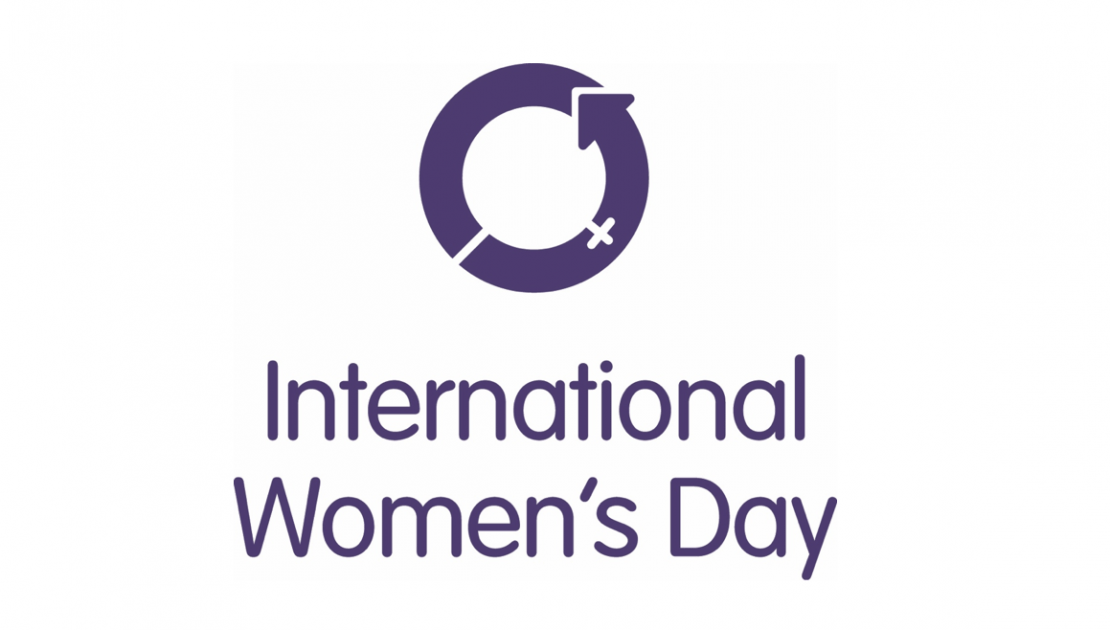How to create space for female leaders in ad land
Ahead of International Women’s Day, Tanya Sim, co-founder of Block in Perth, and Rachel Boon, creative at Block, reflect on what it will take to create more space for female leaders in ad land.
After 17 years at the helm of Block in Perth, Tanya Sim recently stepped away from her role as managing director. She remains on the agency’s board, but is no longer involved in the day-to-day running of Block – a decision she made for family reasons.
Meanwhile, Rachel Boon joined Block two years ago after graduating from Curtin University, where she studied Creative Advertising and Graphic Design. Given that 75% of her cohort at university was female, she was surprised to find so few female creative directors in the workforce.
There’s been so much societal change over the past 17 years – but are their experiences all that different? Tanya and Rachel got together to ask: What still needs to be done?


